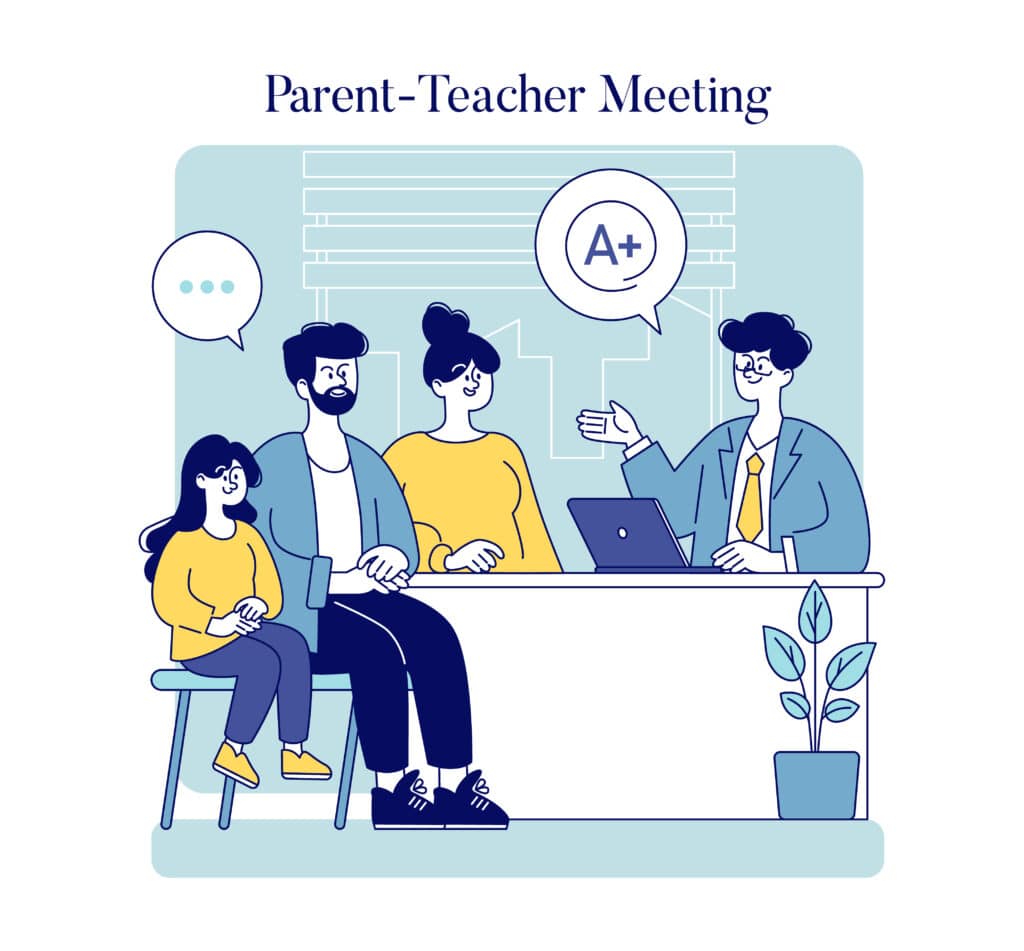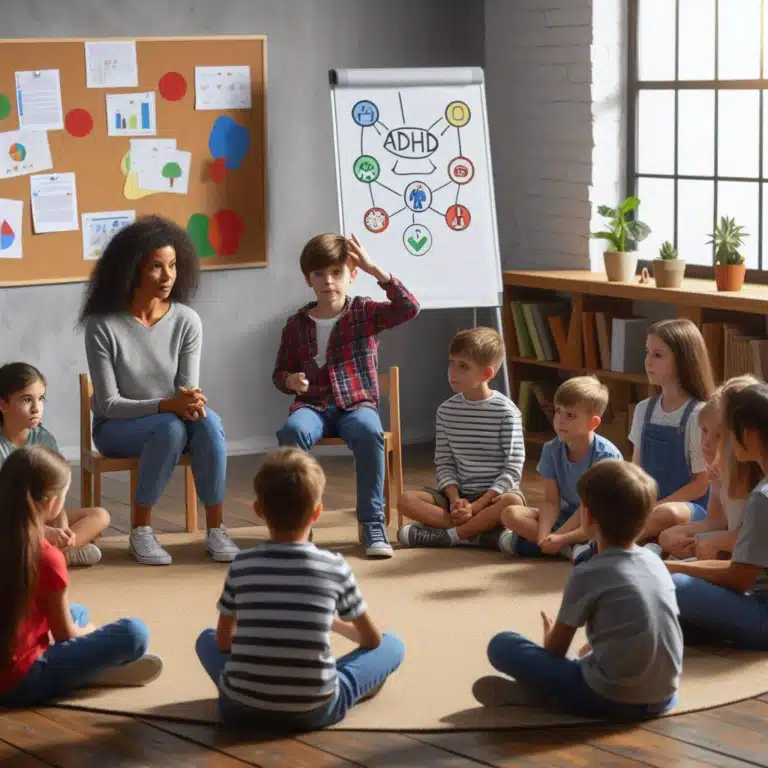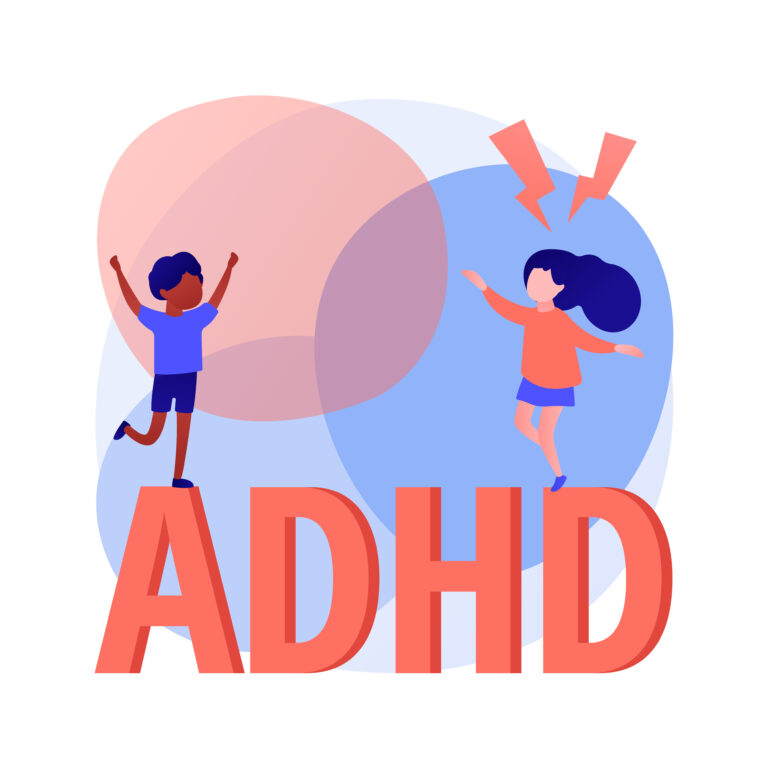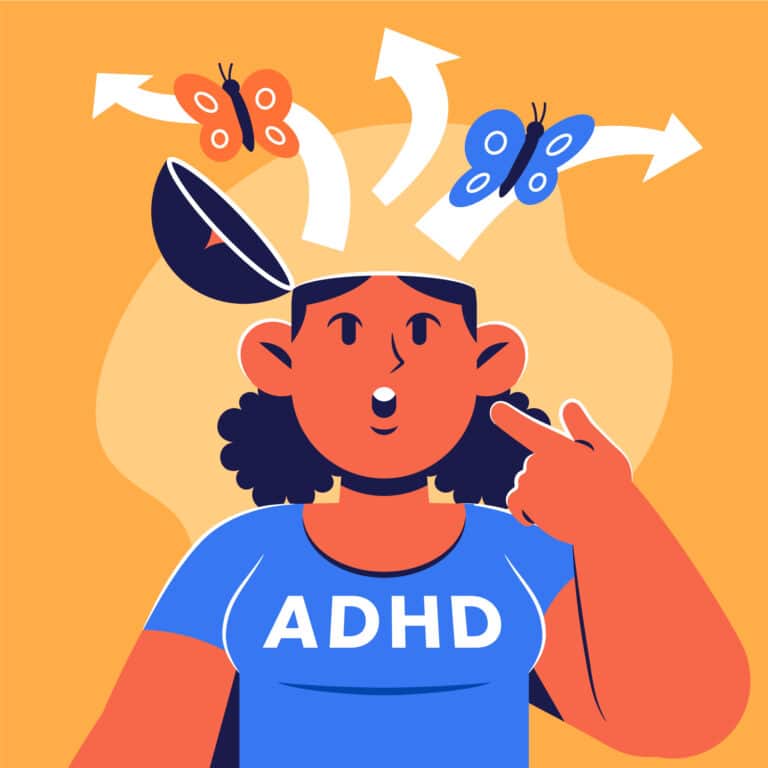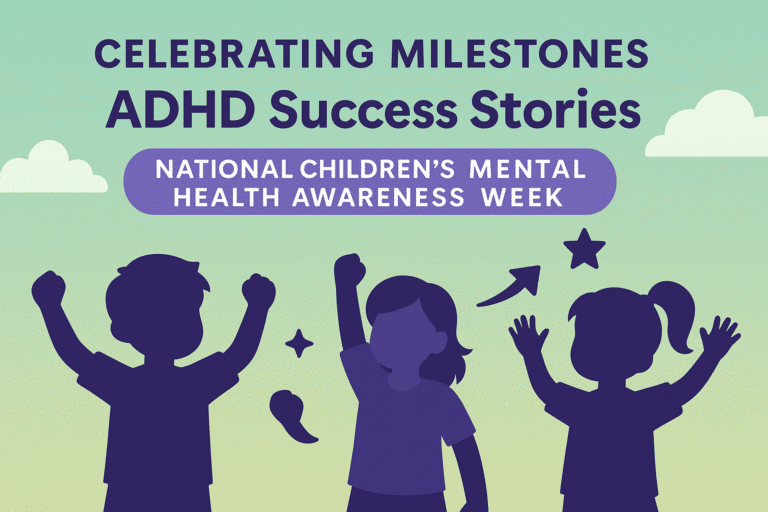Understanding the Importance of a Parent-Teacher Conference for ADHD Support
For parents of children with ADHD, a parent-teacher conference is a crucial opportunity to advocate for their child’s unique needs. These meetings foster collaboration between parents and educators, ensuring that children receive the necessary classroom accommodations and support to thrive academically and socially.
Preparing for the Parent-Teacher Conference: A Strategic Approach
1. Gather Important Information
Before the conference, collect academic records, past report cards, teacher feedback, and any behavioral notes. If your child has an IEP or a 504 Plan, reviewing these documents beforehand will help inform the discussion about accommodations and expectations.
2. Communicate with Your Child
Understanding your child’s perspective is key. Ask them how they feel about school, what subjects they enjoy, and what challenges they face. This insight will guide your questions and concerns during the parent-teacher meeting.
3. Outline Key Discussion Points
Preparing a list of questions and concerns ensures that the conference remains productive. Key topics to cover include:
- Your child’s academic strengths and weaknesses
- Classroom behavioral challenges
- Strategies that work well at home
- Teacher insights on peer interactions and social development
- Available resources or special education accommodations
During the Parent-Teacher Conference: Effective Communication Strategies
1. Stay Calm and Positive
Approach the meeting with a positive mindset and a collaborative attitude. Teachers appreciate engaged parents who seek solutions rather than blame.
2. Discuss Strengths and Weaknesses
Acknowledge areas where your child with ADHD excels before addressing challenges. Understanding both strengths and weaknesses helps create a well-rounded support plan.
3. Ask About Classroom Accommodations
Students with ADHD may require accommodations such as extra time on assignments, movement breaks, or alternative seating arrangements. Work with the teacher to ensure that your child’s education aligns with their learning style.
4. Develop a Clear Action Plan
Collaborate with the teacher to establish an action plan for supporting your child. This should include goals, intervention strategies, and methods for tracking progress.
After the Conference: Ensuring Continued Support
1. Follow Up and Maintain Communication
Regularly check in with your child’s teacher to track progress and adjust strategies as needed. Keep the lines of communication open through email, phone calls, or additional meetings.
2. Implement Strategies at Home
Reinforce classroom strategies in the home environment. Consistent routines and predictable schedules can help manage ADHD symptoms and improve academic performance.
3. Monitor Progress and Adjust as Needed
If current strategies aren’t working, don’t be afraid to revisit the conversation with the teacher. ADHD may require flexible approaches to meet evolving needs.
How Pathformers Can Help
Navigating ADHD in an academic setting requires the right tools and support. Pathformers provides expert-led courses designed to empower parents and caregivers with actionable strategies for helping their child succeed in school.
Empowering Parents: Navigating ADHD in Education
- Learn about hyperactivity disorder and its effects on learning.
- Discover expert tips for advocating for your child’s unique needs in the classroom.
- Gain insights on how to effectively communicate with teachers and school administrators.
- Explore behavioral interventions and academic support strategies tailored for students with ADHD.
By enrolling in Pathformers’ courses, parents can confidently approach parent-teacher conferences and ensure that their child receives the support they need.
Frequently Asked Questions
How can I help my child prepare for a parent-teacher conference?
Encourage open discussions about their school experiences. Ask about subjects they enjoy, challenges they face, and any specific concerns they have about their classroom environment.
What if I disagree with the teacher’s assessment of my child?
It’s important to stay calm and keep the focus on finding solutions. Share your perspective, provide additional information, and work towards a constructive resolution with the educator.
How can I ensure my child’s accommodations are being implemented?
Regular communication with your child’s teacher and school administrators can help. Request updates on progress and discuss any necessary adjustments to their support plan.
What should I do if my child struggles with homework?
Discuss strategies with the teacher to make school assignments more manageable. Implement structured routines at home and consider tutoring or additional learning resources.
Advocate for Your Child’s Success
Ensuring that your child receives the best possible education starts with informed, proactive involvement. By preparing for parent-teacher conferences, maintaining ongoing communication with educators, and leveraging resources like Pathformers’ expert-led courses, you can create a supportive academic environment tailored to your child’s needs. Explore Pathformers’ courses today and take the next step in advocating for your child’s education.

